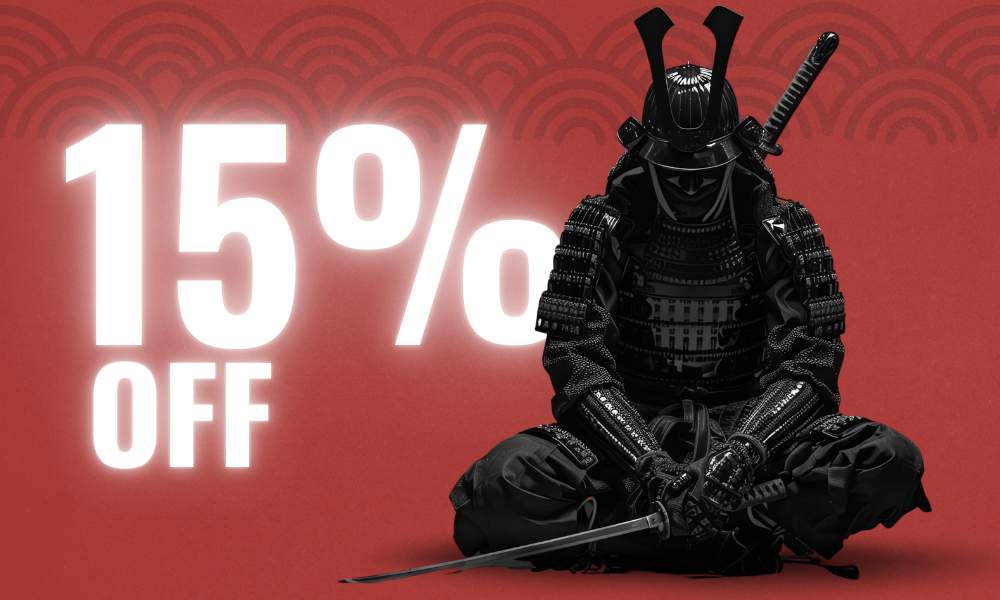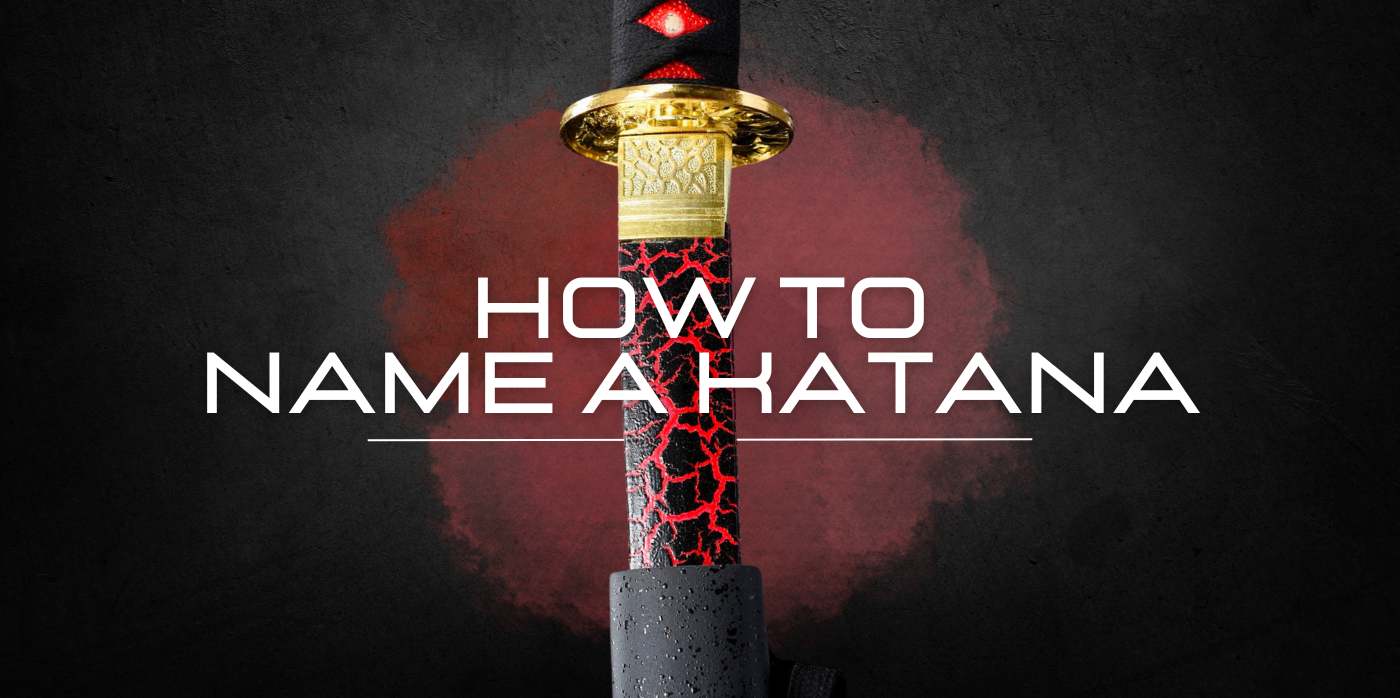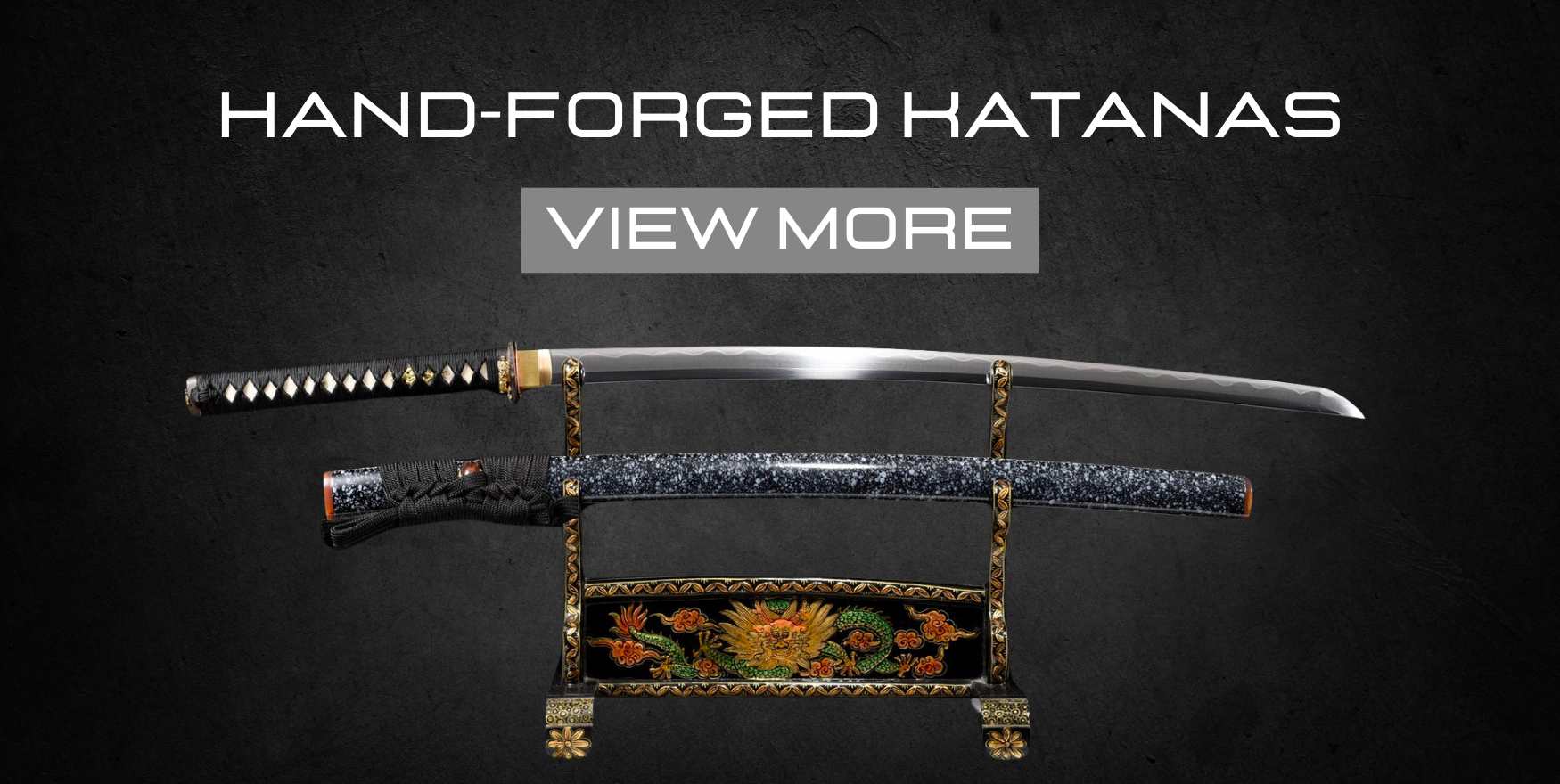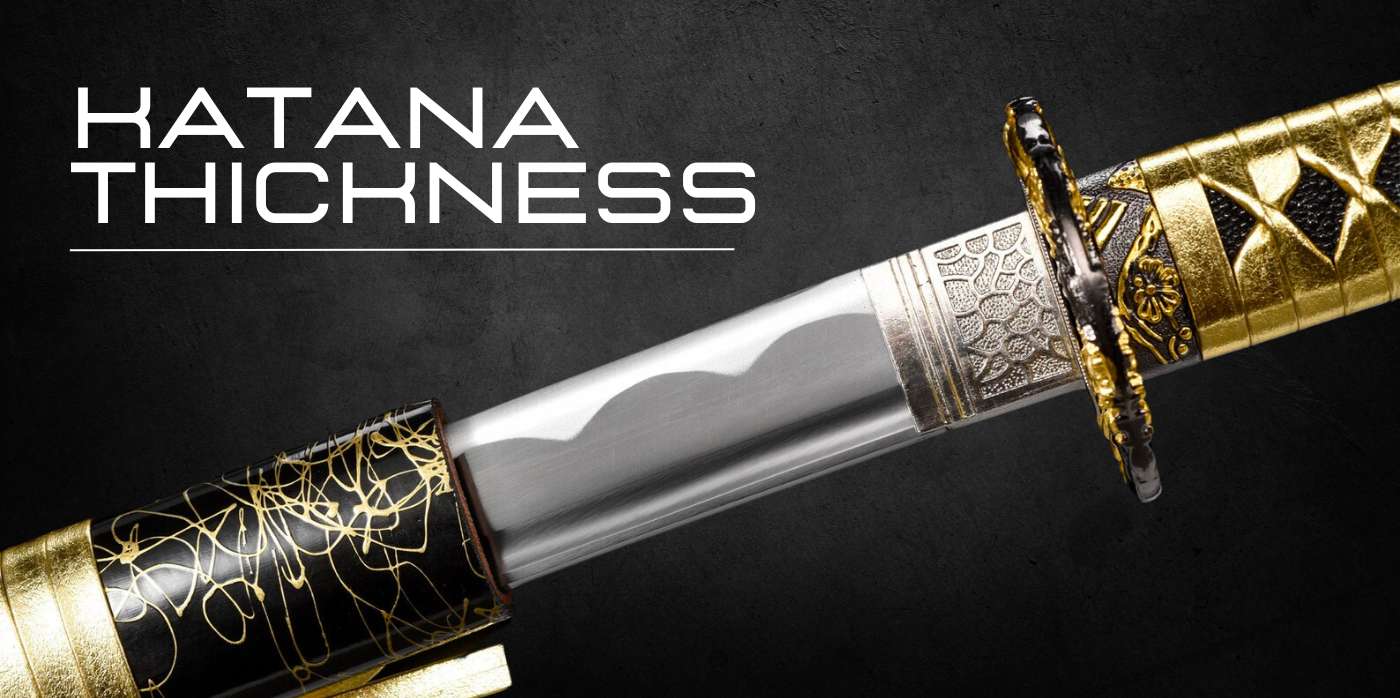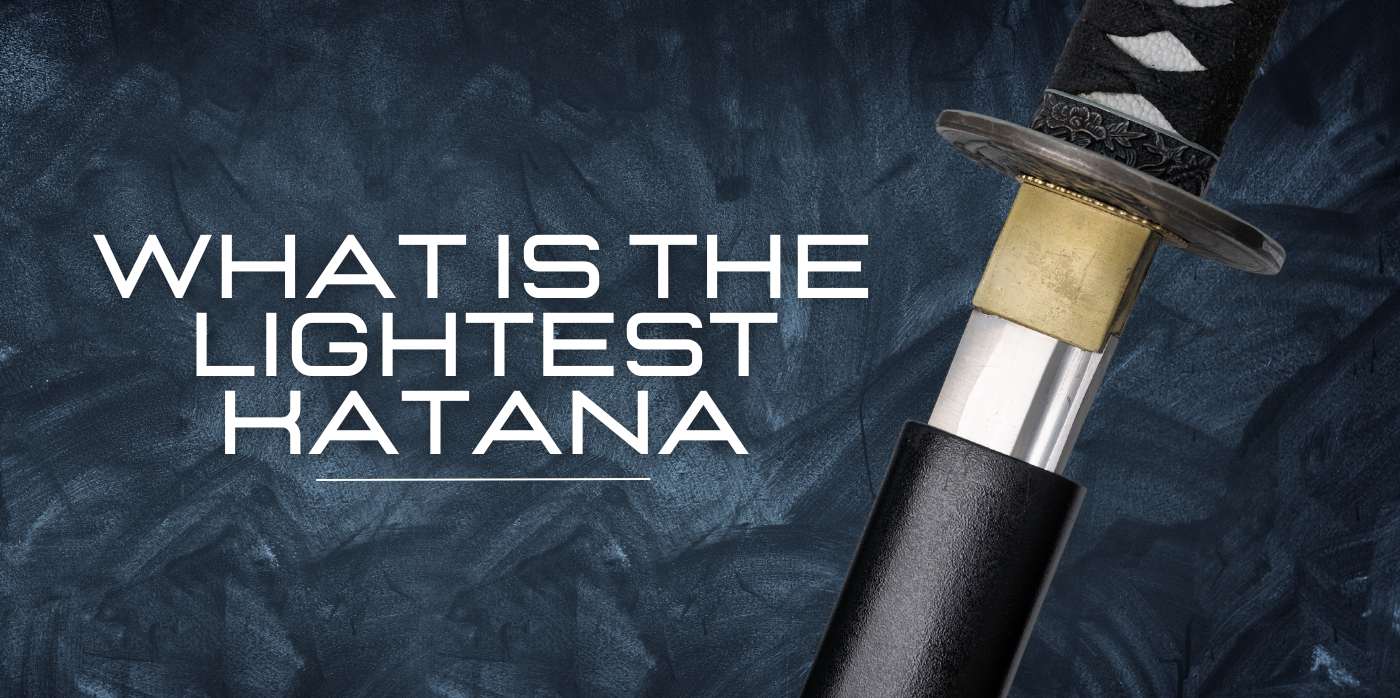The Art of Naming a Samurai Sword
In the heart of Japanese culture, the katana represents more than just a weapon; it embodies honor, precision, and the soul of the samurai. Traditionally, naming a katana was a ritualistic practice, imbued with a deep sense of respect and significance. This Samurai sword, revered for its razor-sharp edge and curved beauty, was often given names that reflected its prowess in battle, the craftsmanship of the forge, or elements of nature.
The Tradition Behind Katana Names
Symbolic Representation
The practice of naming a katana goes back to the Samurai era, where these battle-ready blades were seen as extensions of the warrior's soul. Names were chosen to invoke strength, protection, and success in battle. Much like the hand-forged process of creating a katana, naming was considered a sacred art, drawing on the Bushido code for inspiration.
Influence of the Forging Process
The forging of a katana is a meticulous and revered art form. Samurai swords are crafted through a process that involves quenching, polishing, and careful tempering. Damascus-steel katanas, known for their distinctive pattern and toughness, often receive names that allude to their armor-piercing capabilities and unmatched sharpness. The carbon-steel composition, full tang, and edged precision contribute to the katana's lethality and elegance, influencing the naming process.
Choosing the Right Name for Your Katana
Naming a katana is a personal journey that requires reflection and thought. Consider the blade's characteristics, the steel's quality, and the craftsmanship's story. Whether it's a razor-sharp replica for display or a battle-ready samurai sword for martial arts, the name should resonate with its purpose and the spirit it embodies. Here are some suggestions:
-
Thunderstrike
- Kanji: 雷撃 (らいげき)
- Pronunciation: Raigeki
-
Moonshadow
- Kanji: 月影 (つきかげ)
- Pronunciation: Tsukikage
-
Dragon's Breath
- Kanji: 竜息 (りゅうそく)
- Pronunciation: Ryūsoku
-
Blade of the Phoenix
- Kanji: 鳳凰の刃 (ほうおうのは)
- Pronunciation: Hōō no Ha
-
Whisper of the Wind
- Kanji: 風の囁き (かぜのささやき)
- Pronunciation: Kaze no Sasayaki
-
Eternal Frost
- Kanji: 永久霜 (えいきゅうしも)
- Pronunciation: Eikyū Shimo
-
Crimson Tide
- Kanji: 紅潮 (こうちょう)
- Pronunciation: Kōchō
-
Sky Cutter
- Kanji: 空切り (そらきり)
- Pronunciation: Sorakiri
-
Starlight Edge
- Kanji: 星光の刃 (せいこうのは)
- Pronunciation: Seikō no Ha
-
Ocean's Roar
- Kanji: 海鳴り (うみなり)
- Pronunciation: Uminari
-
Sakura's Whisper
- Kanji: 桜の囁き (さくらのささやき)
- Pronunciation: Sakura no Sasayaki
-
Sunrise Blade
- Kanji: 日の出の刃 (ひのでのは)
- Pronunciation: Hinode no Ha
-
Frostfire Gleam
- Kanji: 霜火の輝き (しもびのかがやき)
- Pronunciation: Shimobi no Kagayaki
-
Silent Storm
- Kanji: 静寂の嵐 (せいじゃくのあらし)
- Pronunciation: Seijaku no Arashi
-
Nightfall
- Kanji: 夜の訪れ (よるのおとずれ)
- Pronunciation: Yoru no Otozure
-
Blazing Horizon
- Kanji: 燃える地平線 (もえるちへいせん)
- Pronunciation: Moeru Chiheisen
-
Raven's Wing
- Kanji: 烏の翼 (からすのつばさ)
- Pronunciation: Karasu no Tsubasa
-
Serpent's Fang
- Kanji: 蛇の牙 (へびのきば)
- Pronunciation: Hebi no Kiba
-
Echoes of the Void
- Kanji: 虚無の反響 (きょむのはんきょう)
- Pronunciation: Kyomu no Hankyō
-
Mist Shrouded Blade
- Kanji: 霧に包まれた刃 (きりにつつまれたは)
- Pronunciation: Kiri ni Tsutsumareta Ha
-
Gleam of the Falling Star
- Kanji: 流れ星の輝き (ながれぼしのかがやき)
- Pronunciation: Nagareboshi no Kagayaki
-
Emerald Dream
- Kanji: 翠の夢 (みどりのゆめ)
- Pronunciation: Midori no Yume
-
Tidecaller's Will
- Kanji: 潮呼びの意志 (しおよびのいし)
- Pronunciation: Shioyobi no Ishi
-
Duskbringer
- Kanji: 黄昏を運ぶ者 (たそがれをはこぶもの)
- Pronunciation: Tasogare o Hakobu Mono
-
Ivory Whisper
- Kanji: 象牙の囁き (ぞうげのささやき)
- Pronunciation: Zōge no Sasayaki
-
Lament of the Wind
- Kanji: 風の嘆き (かぜのなげき)
- Pronunciation: Kaze no Nageki
-
Winter's Embrace
- Kanji: 冬の抱擁 (ふゆのほうよう)
- Pronunciation: Fuyu no Hōyō
-
Soul of the Firefly
- Kanji: 蛍の魂 (ほたるのたましい)
- Pronunciation: Hotaru no Tamashii
-
Thunder's Echo
- Kanji: 雷の響き (かみなりのひびき)
- Pronunciation: Kaminari no Hibiki
-
Celestial Pathfinder
- Kanji: 天の道しるべ (てんのみちしるべ)
- Pronunciation: Ten no Michishirube


